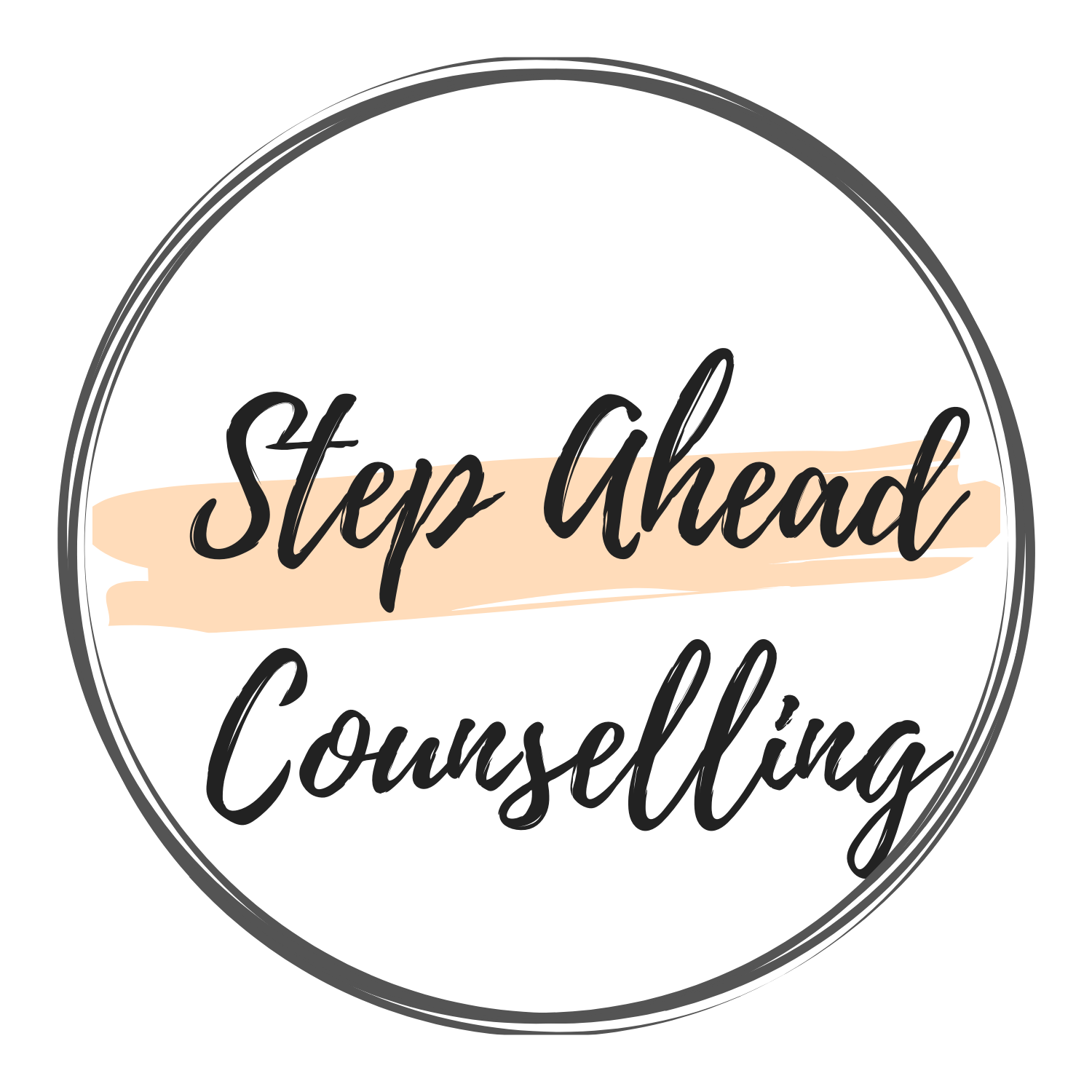How many Counselling sessions will I need?
Without doubt the hardest question to answer when someone starts counselling is “how many counselling sessions will I need?” Accurately predicting the number of counselling sessions you’re likely to need is an impossible task, especially before the first counselling session.
Potential clients will often reach out to me to understand how counselling works, what they should be expecting, and also wonder how many counselling sessions they will need. However, the answer to this depends on many factors.
But before we get to that, I want you to know that engaging in counselling is not a prison sentence. Counselling can end at any time the client chooses, as the client drives the counselling relationship and the number of sessions they feel they need. And a good Counsellor should let you know that.
Your reason for counselling
One of the most important factors in how many counselling sessions you need is the issue you are working on, dealing with, and/or trying to recover from.
For example, if a client needs support in breaking unhelpful habits, like addressing low self-esteem, or with working through negative thought patterns and behaviours, they might initially need approximately 6 -8 sessions, depending on their capacity for change. However, in working through these issues in counselling, and if repressed memories resurface and trigger the client, then it becomes obvious that more work and extra sessions may be needed for the client to heal.
On the other hand, if a client presents to counselling with years of entrenched abuse and shame, attachment wounds, substance dependency, or with childhood trauma, then that work takes time and deserves care. It’s hard to unravel a lifetime of ingrained and increasingly disabling feelings, thoughts and behaviours in just a few weeks or sessions.
Client’s commitment to counselling
Clients also make a big difference to the number of counselling sessions they will need to make progress. As in most areas of our lives, commitment and putting in the work helps immensely.
If counselling is to be successful, the client must be willing to discuss the issue, examine it and set goals/plans. Otherwise, change is very difficult.
It is also the Counsellor’s responsibility to ensure that the counselling space is safe and non-judgemental so a trusting relationship can form. This helps the client with disclosure and helps lower any nerves or defences, so they can then more comfortably discuss their inner thoughts and feelings with the counsellor.
Your counselling goals
In the initial session, a Counsellor will talk with clients about their goals. At each session afterwards, a discussion will occur on where you stand, and the status of the issues that brought you in.
Counselling is an incremental process that slowly happens with time and growth, and each counselling session serves as a step towards your progress. Counselling successfully ends when the client has accomplished the goals mutually agreed upon with their counsellor.
So, there‘s no single answer to the question. The counselling process is different for every individual, and the number of sessions you need will depend upon your unique circumstances.
Counsellors will keep ethical considerations at the forefront of their minds: we don’t want to create a dependence on us to keep a client coming. As Counsellors, we know our work is done when we are NOT needed any more.
Ultimately, counselling ends when you are feeling well enough to cope with what life offers you.
Of course, if at any stage or point of time you need to re-visit counselling, your Counsellor will be able to support you. For more information or to help you achieve your counselling goals, visit Step Ahead Counselling.

